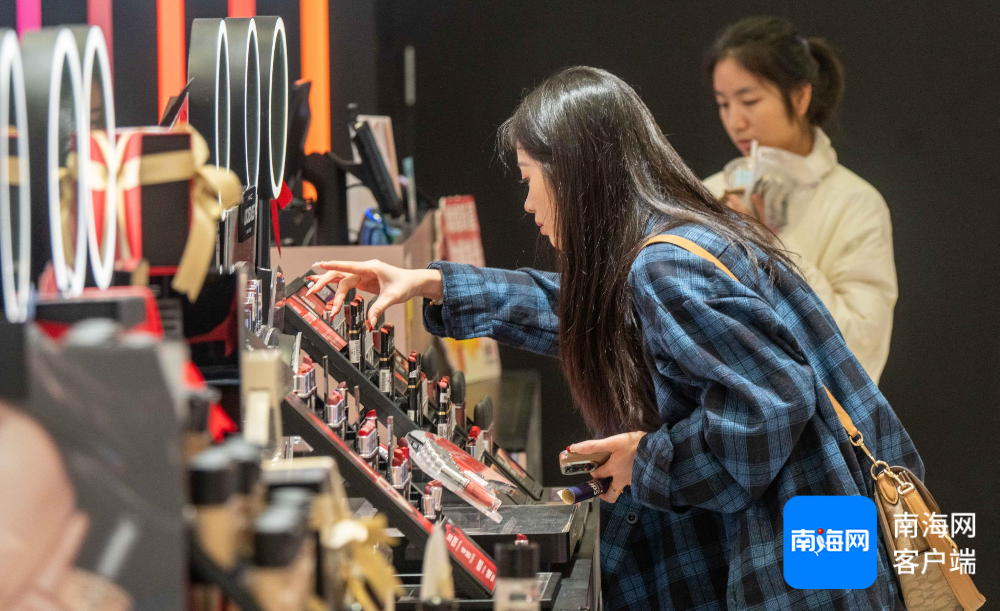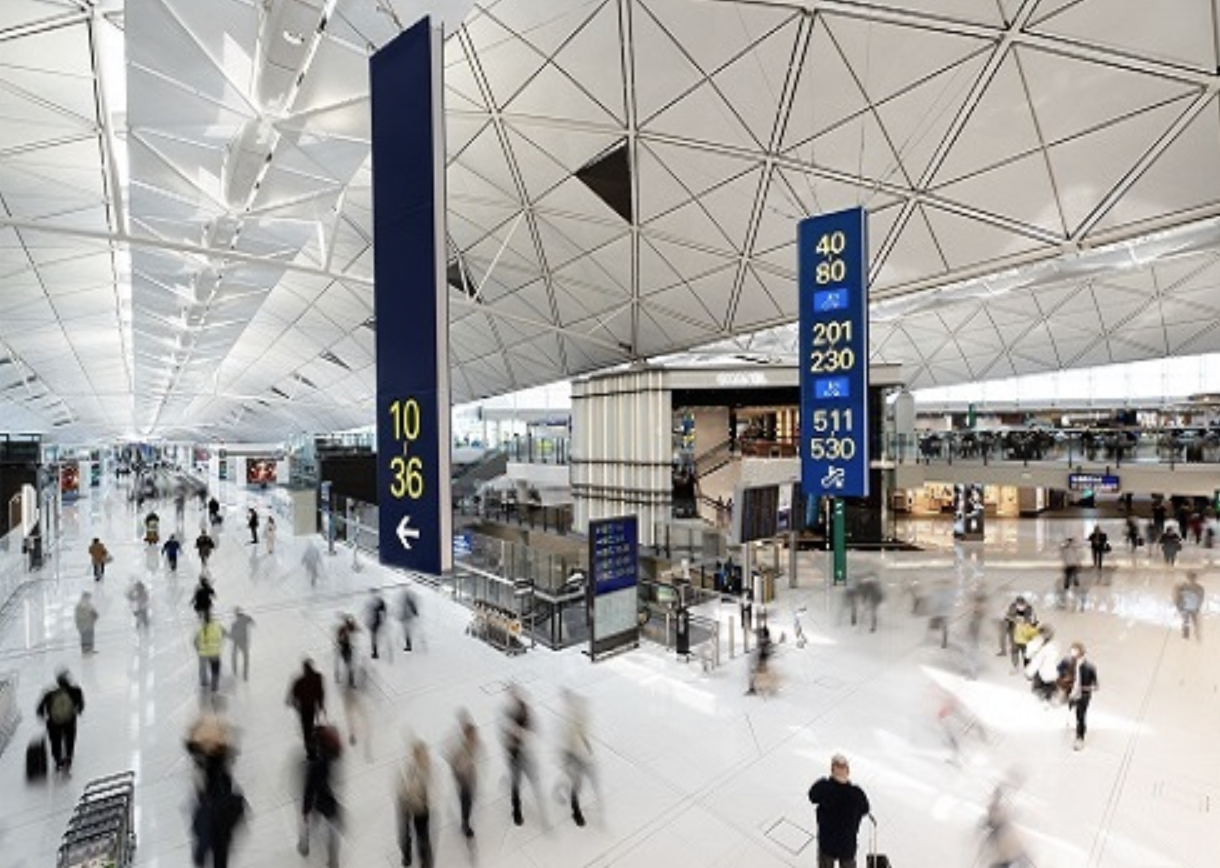NORDIC REGION. The annual Nordic Travel Retail Seminar took place on Thursday in a stunning waterside location in Copenhagen. The programme blended thought-provoking contributions from speakers from outside travel retail, notably from the world of new technology, with industry perspectives about the dynamics that will shape the years ahead. The event theme was ’Travel Retail on the Move: What Is the Future Value Proposition?’ it was chaired by The Moodie Davitt Report President Dermot Davitt.
Nordic Travel Retail Group (and Viking Line Purchasing & Sales Manager) Chair Eva Rehnström introduced the day, noting that the annual event attracted one of its highest attendances yet, at 140 delegates. She stressed that the event’s goal was to inspire, educate and examine the future of retail.
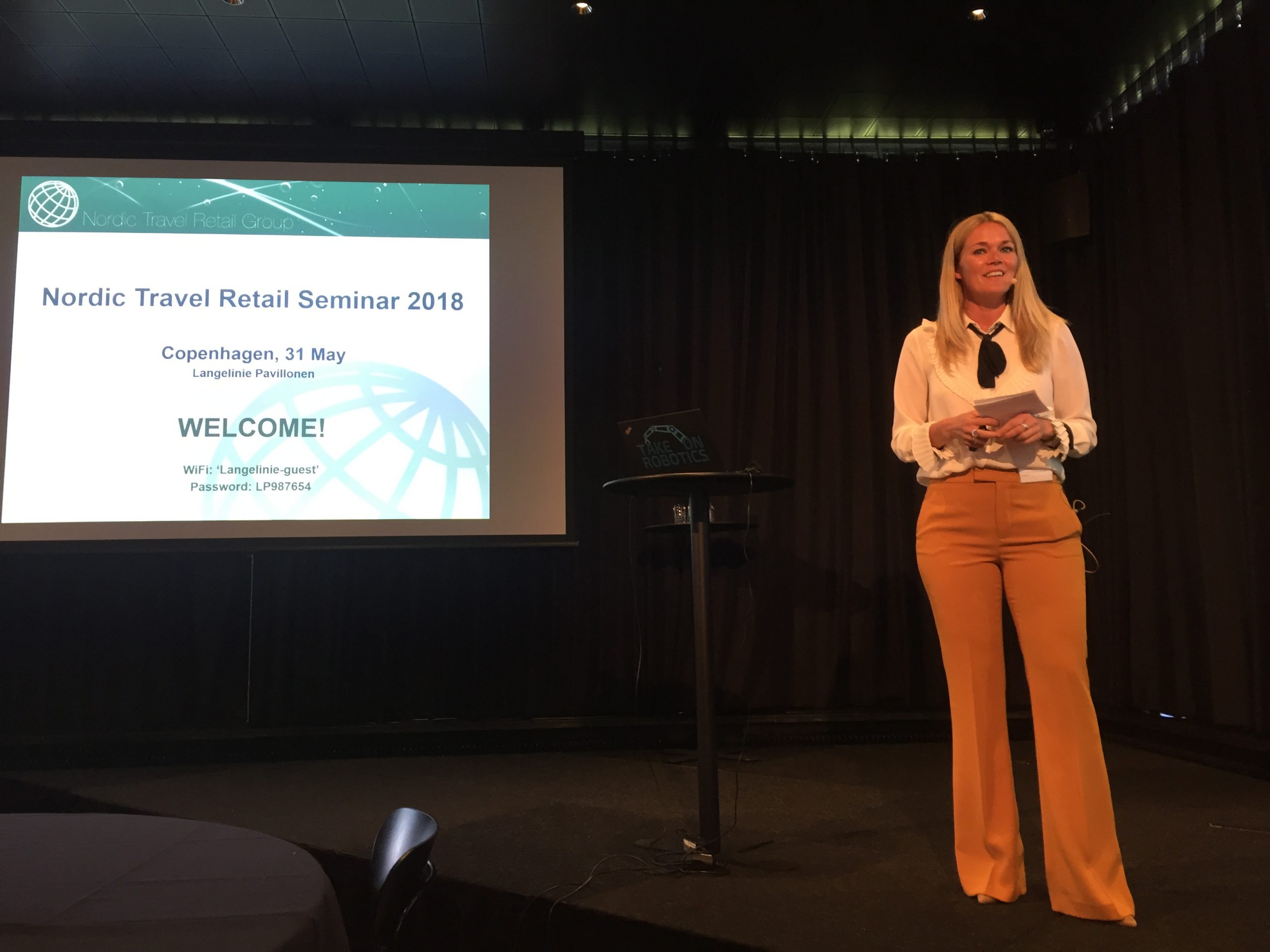
In her opening address, Rehnström raised some of the major regulatory issues facing the business (the Nordic Travel Retail Group is an active contributor to the ETRC). She reaffirmed the challenge and opportunity of Brexit with any reintroduction of duty free for travellers between the UK and EU states likely to be affected by the recently announced transition phase for the UK’s exit from the EU. She also highlighted projects to have off-pack labelling solutions approved by the EU Commission and the roll-out of the Duty Free World Council’s Code of Conduct on alcohol sales in Europe, including the Nordics.
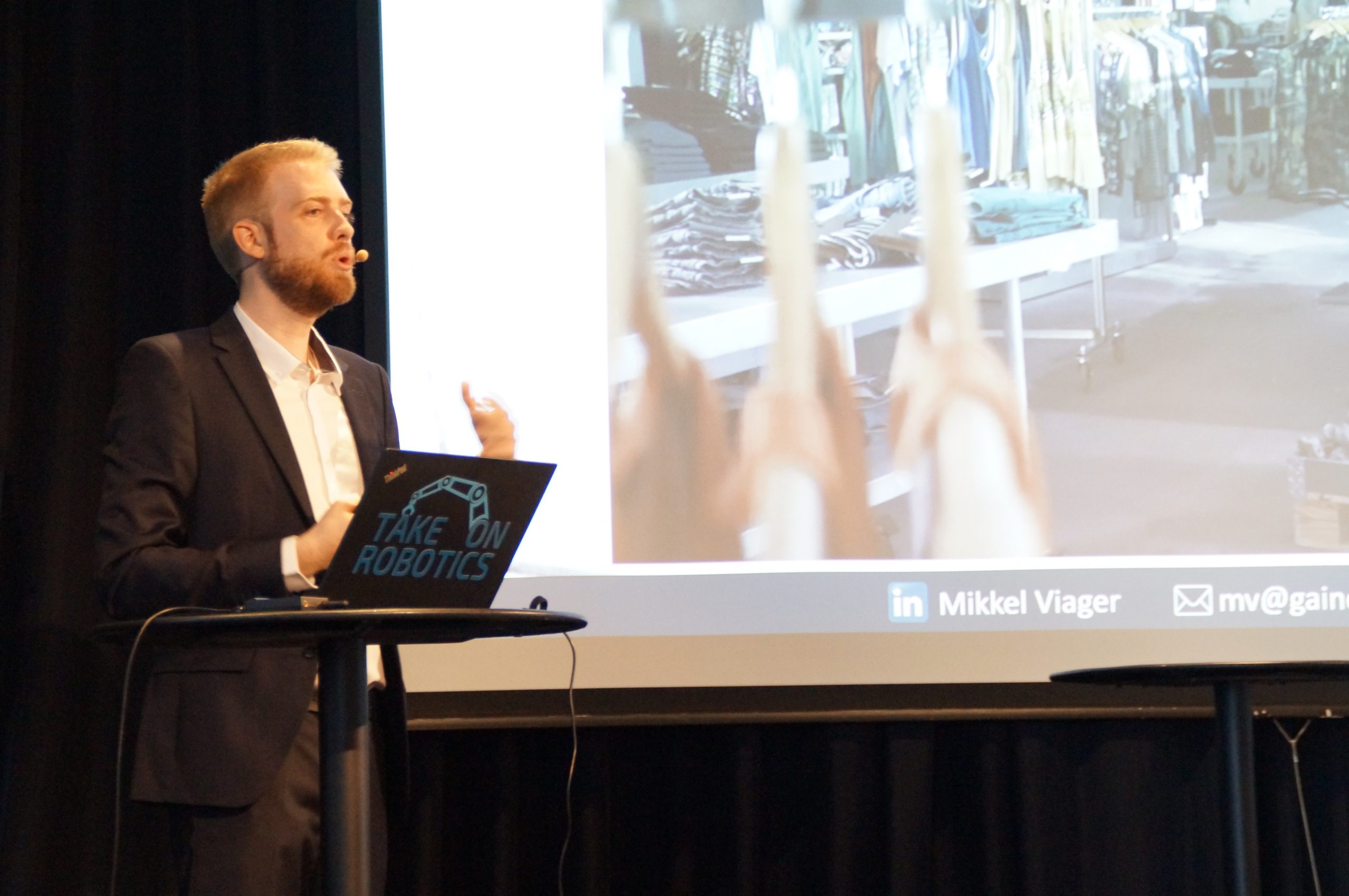
Gain & Co Partner Mikkel Viager delivered a pointed, highly business-relevant opening keynote about how new technologies, especially robot tech and artificial intelligence, are set to influence retail and travel retail.
The robotics engineer considered the effects of this new technology on our world, talked about the impact of artificial intelligence on business, and brilliantly outlined how new tech could bring opportunities for business, including retail, from the shop floor to logistics. Among the examples he cited as a possible template for the industry was Amazon Go, where consumers register their entry to a store via their mobile and then simply pick up products before leaving, with no till transaction required.
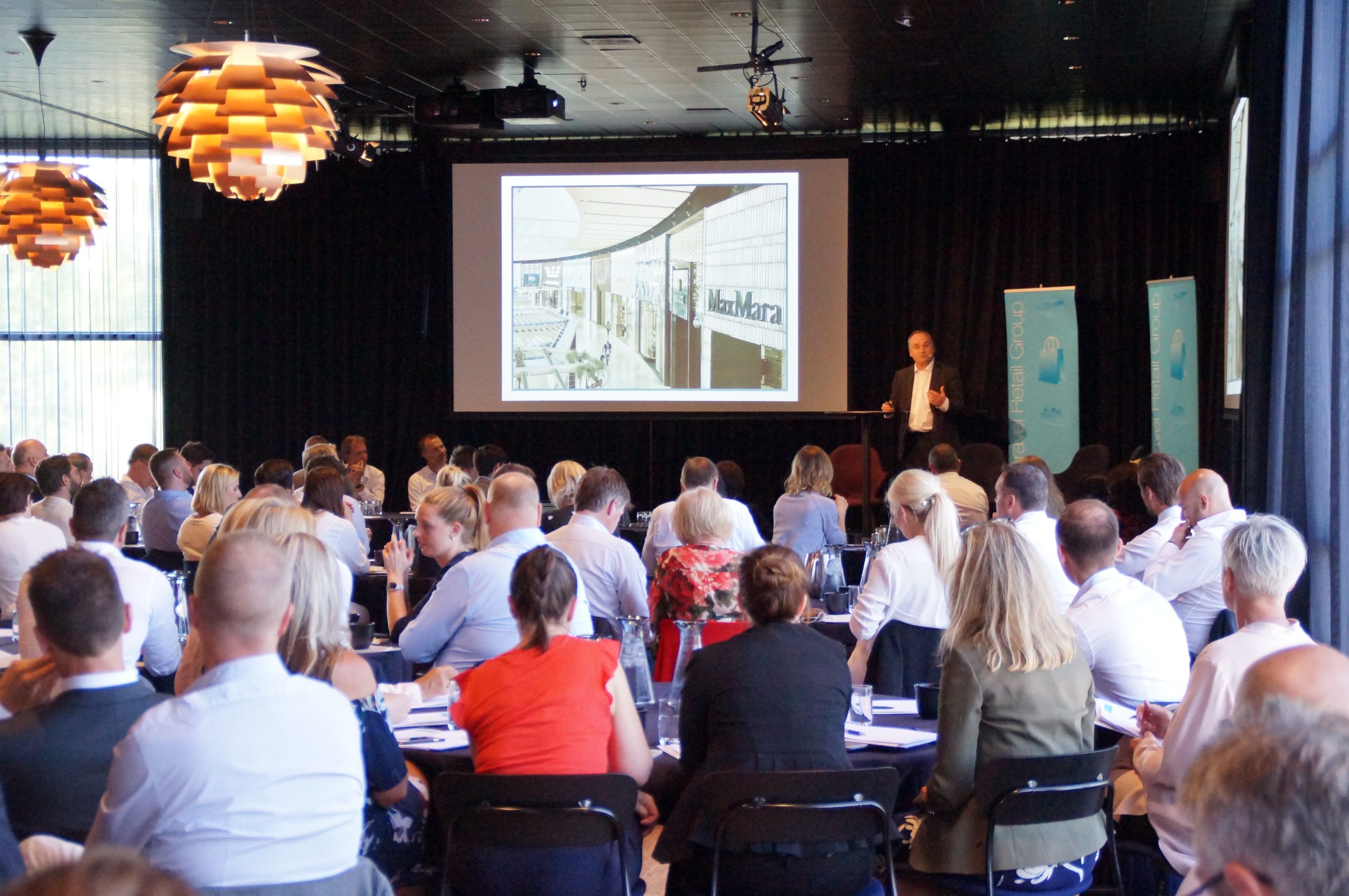

In the major industry-focused session of the day, three brand companies addressed “the future value proposition in travel retail”, each taking a view from their own category. Speakers included Lumene Global Marketing Director Cecile Shrimpton, Mondelez World Travel Retail Head of Category Planning Ivo Knuesel and William Grant & Sons Head of Marketing, Global Travel Retail Ifan Jenkins.
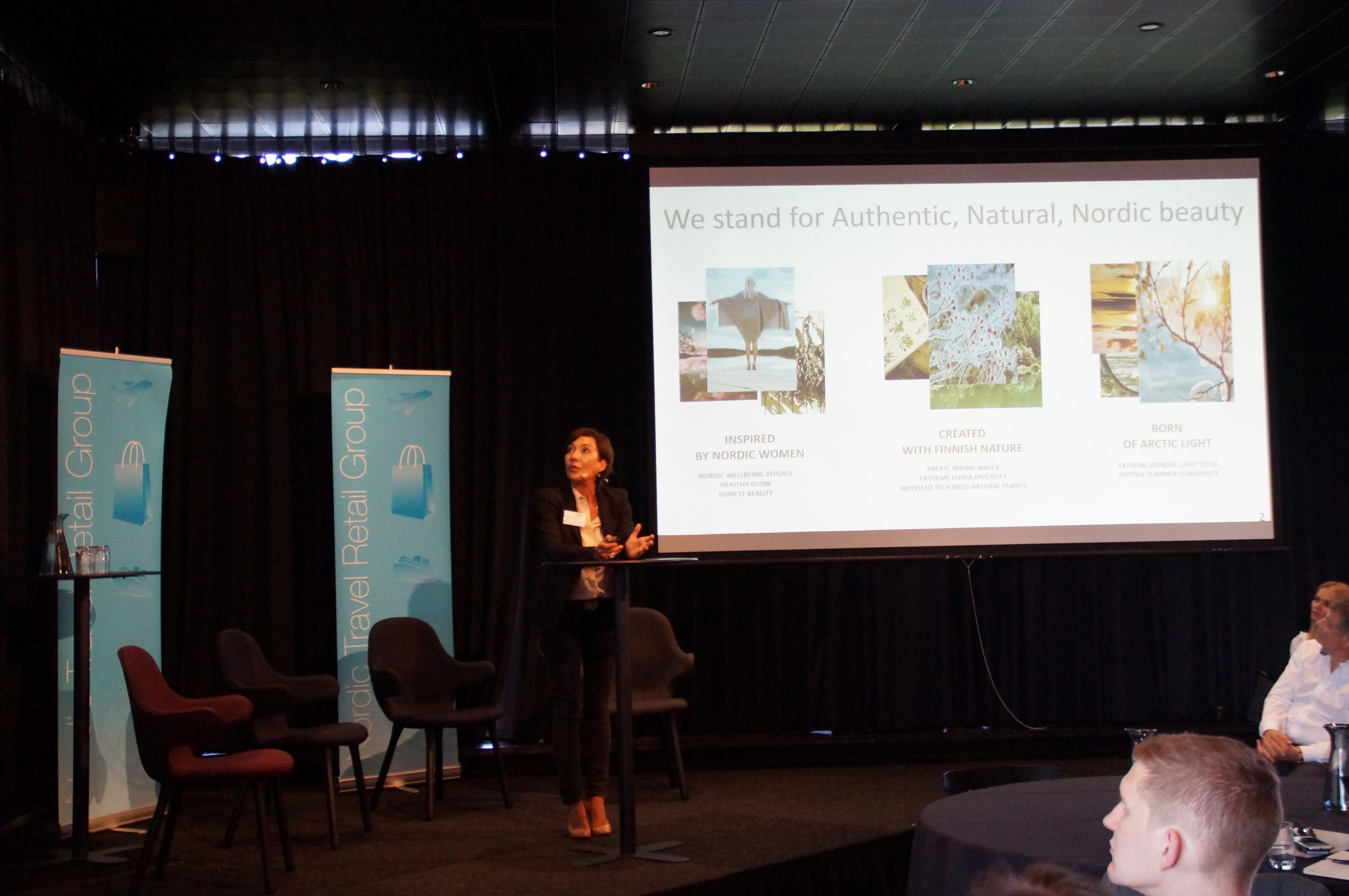
Shrimpton outlined the Finnish skincare brand’s emergence in regional travel retail and its plans to focus further on the channel. She noted the rise of healthy, sustainable products in beauty and the brand’s drive to premiumise to attract new consumers. An intriguing partnership is its recent collaboration with Finnish brand Moomin to develop a new Moomin X Lumene skincare range.
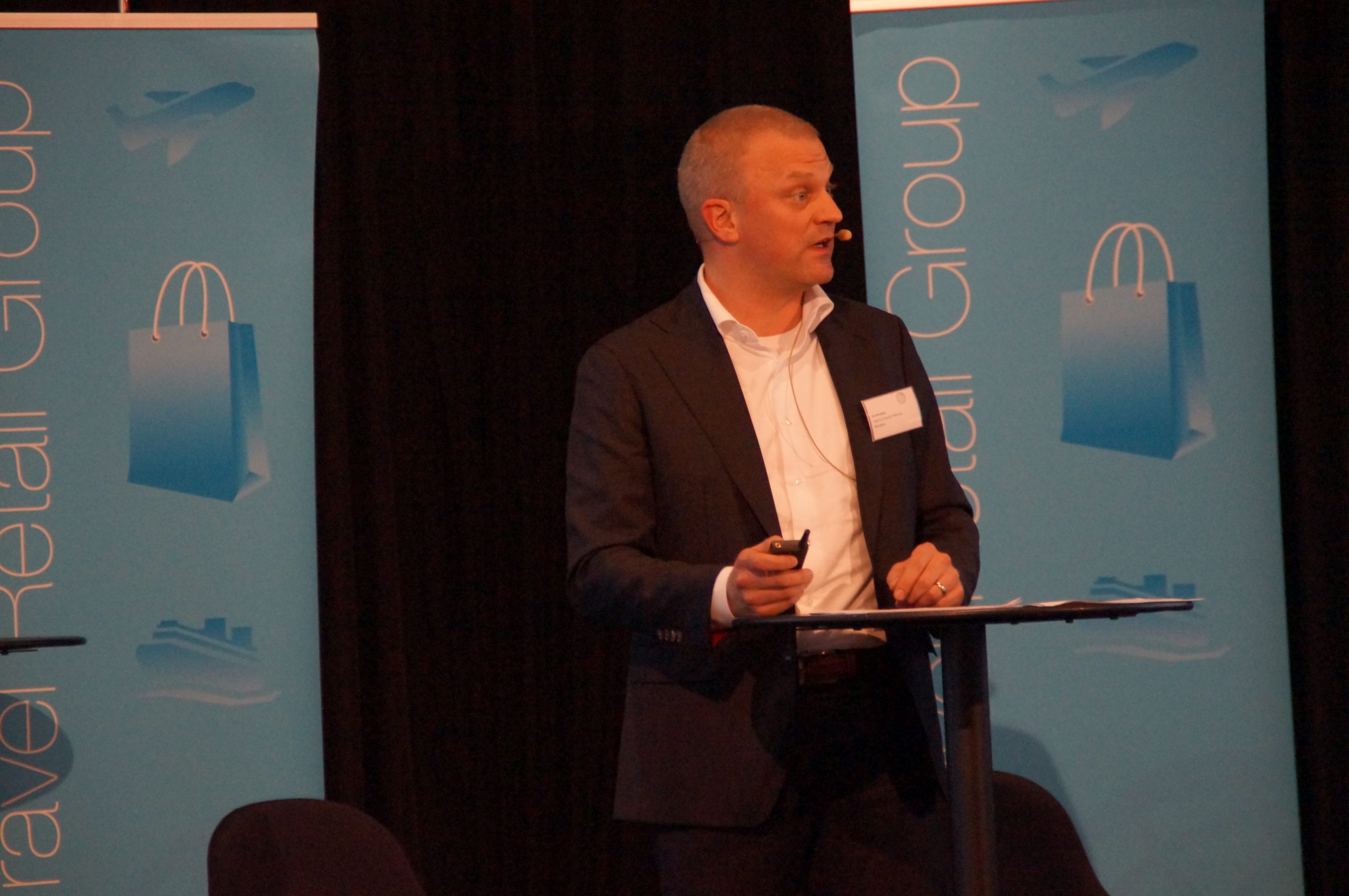
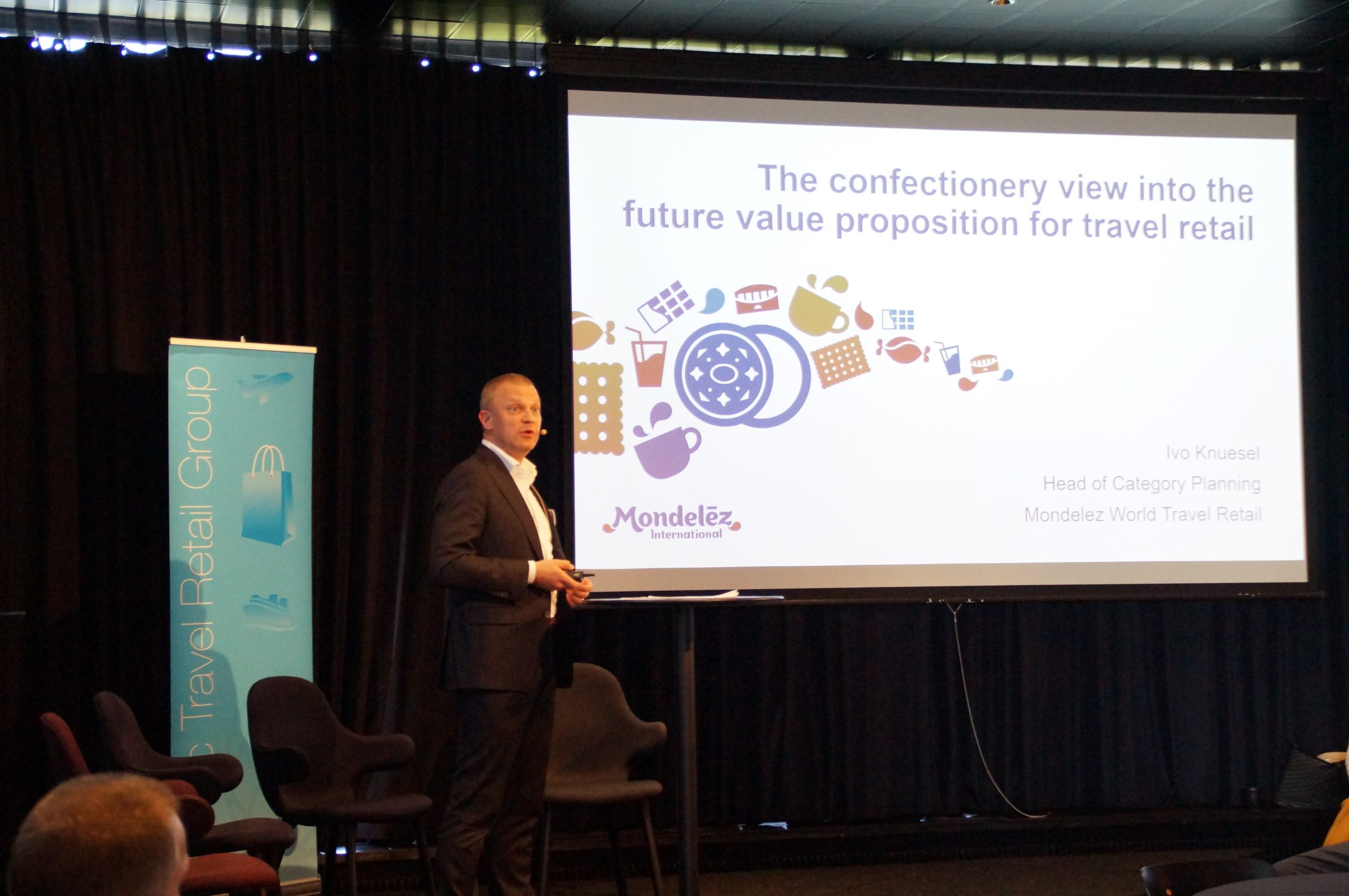
Knuesel made a compelling case for confectionery as a drive of value, noting that its appeal extends well beyond price advantage. Dynamics that will buoy the category, he said, will include a great emphasis on Sense of Place packaging, personalised packs, effective and targeted travel retail exclusives, more in-store theatre, using digital tools to engage travellers and cross-category placement and collaboration to boost basket sizes. He also homed in on the huge opportunity in the growing and relatively untapped biscuit category, which represents around 4% of confectionery sales in travel retail but is 24% in domestic markets.

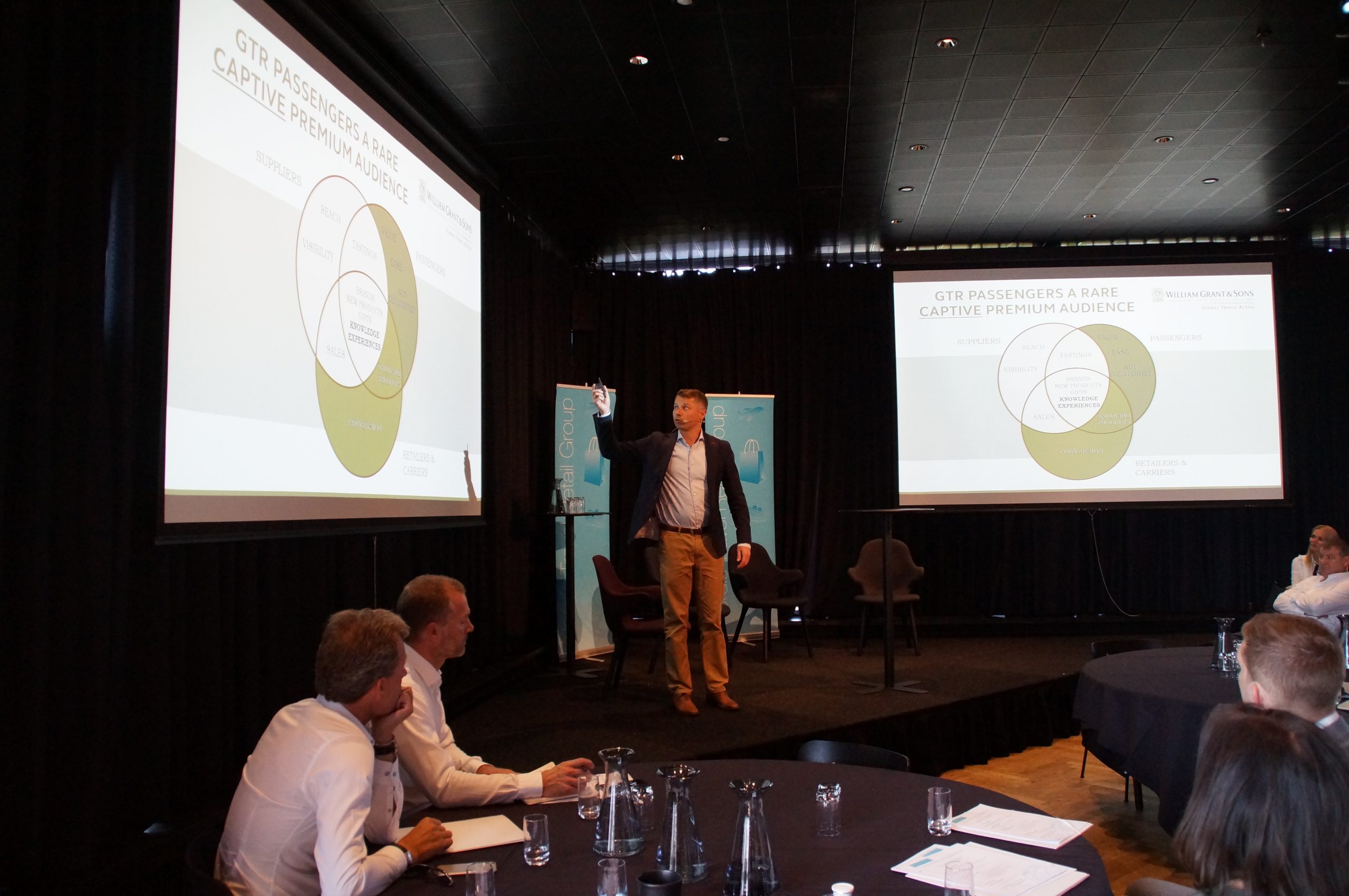

William Grant’s Jenkins highlighted some of the factors that should give travel retail a point of differentiation from other channels as a platform for building brands. These include discovery and story-telling, imaginative gifting that builds brand personality, disruptive marketing, activations that surprise, shareable moments, a focus on hero products and engagement and education through technology.
The late afternoon session featured two forward-looking presentation, including a contribution from one of the most influential companies in today’s connected world: Google.

Google Denmark Industry Manager Rune Seebach spoke alluringly about the company’s increasing connections to the world of travel – and possible partnerships in travel retail. He addressed how technology is changing consumer behaviour, how people are choosing to travel, and how travel services should be seeking to integrate themselves into these new forms of behaviour and the tech solutions that accompany them.
“We want to be a proactive player in the world of travel, assisting and anticipating people across their journey to change the value proposition,” he said. “People today are more curious, more demanding and more impatient with digital and we need to recognise that. There has been a surge in searches for recommendations or events happening ‘today or ‘tonight’, and you have to be able to respond as an industry in seconds or they are gone.
“For you in travel retail, the opportunity has to be to connect with travellers through the journey, not only in the limited time you engage in-store.”

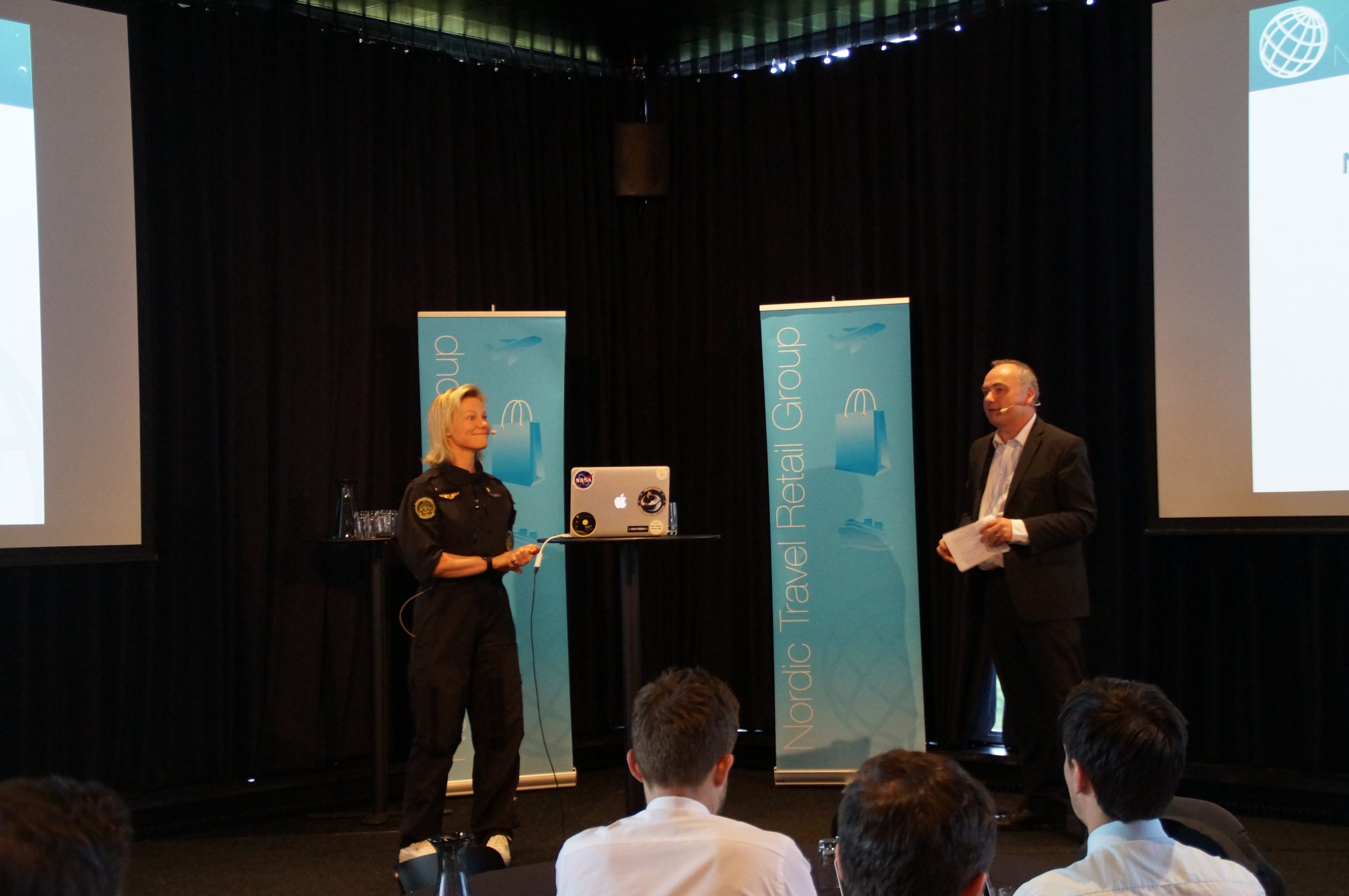
With ‘Travel retail on the move’ the day’s over-arching theme today, it was fitting that the event closed with a look at the furthest frontier of all – space.
The closing inspirational keynote came from Spaceport Sweden CEO Karin Nilsdotter, whose organisation aims to create a European gateway (in Sweden) to space for suborbital tourism, research, education and innovation.
A long-time advocate for the commercial space industry, Nilsdotter has led the development of a national strategy for human spaceflight and space tourism, helped build a regulatory framework for suborbital human spaceflight, a space adventure portfolio, been awarded Tech Woman of the Year in Sweden, promoted as a game changer by WIRED Magazine and is viewed as among the leading women in the space industry globally.
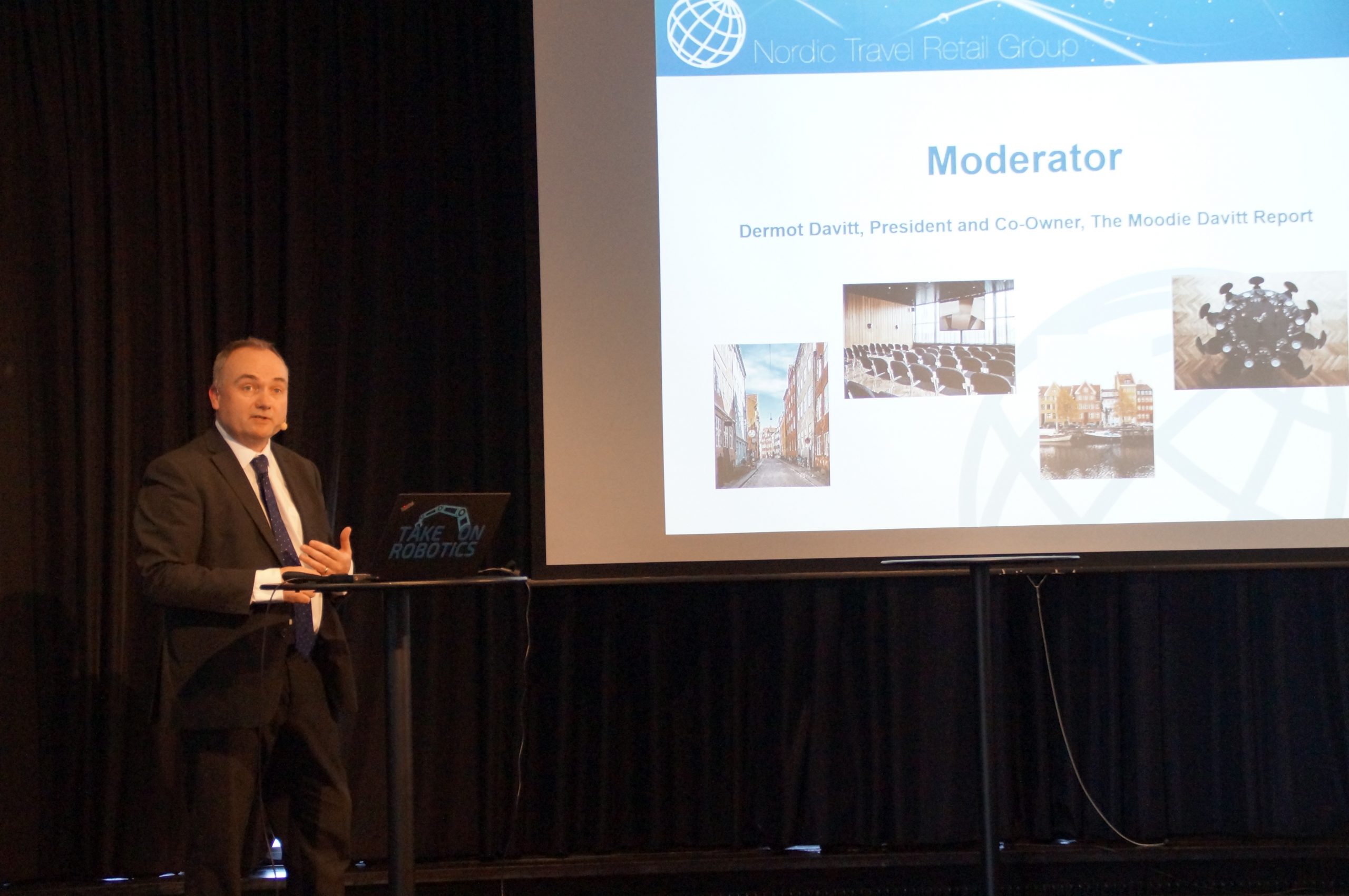


She spoke eloquently about daring to dream, challenging the audience to ask themselves what they could achieve if they could not fail? She highlighted the intriguing potential for space tourism, noting that private investment from entrepreneurs such as Elon Musk and Richard Branson had accelerated innovation in space travel technology. The investment in reusable space ships was a “gam changer she said, paving the way for many more people to travel to space, with flights likely to begin in the next year.
“Space travel will not be only for the rich or for astronauts; new technology can allow anyone to travel,” she said.









